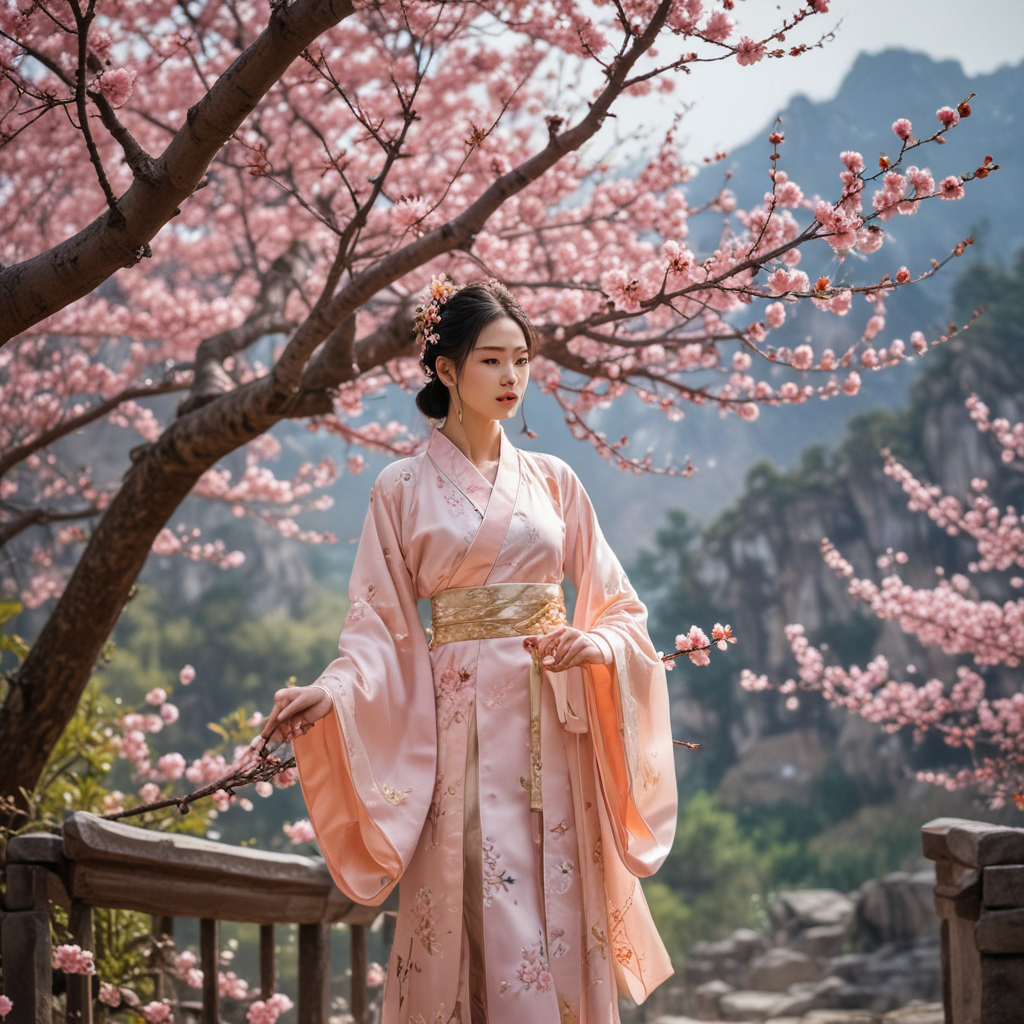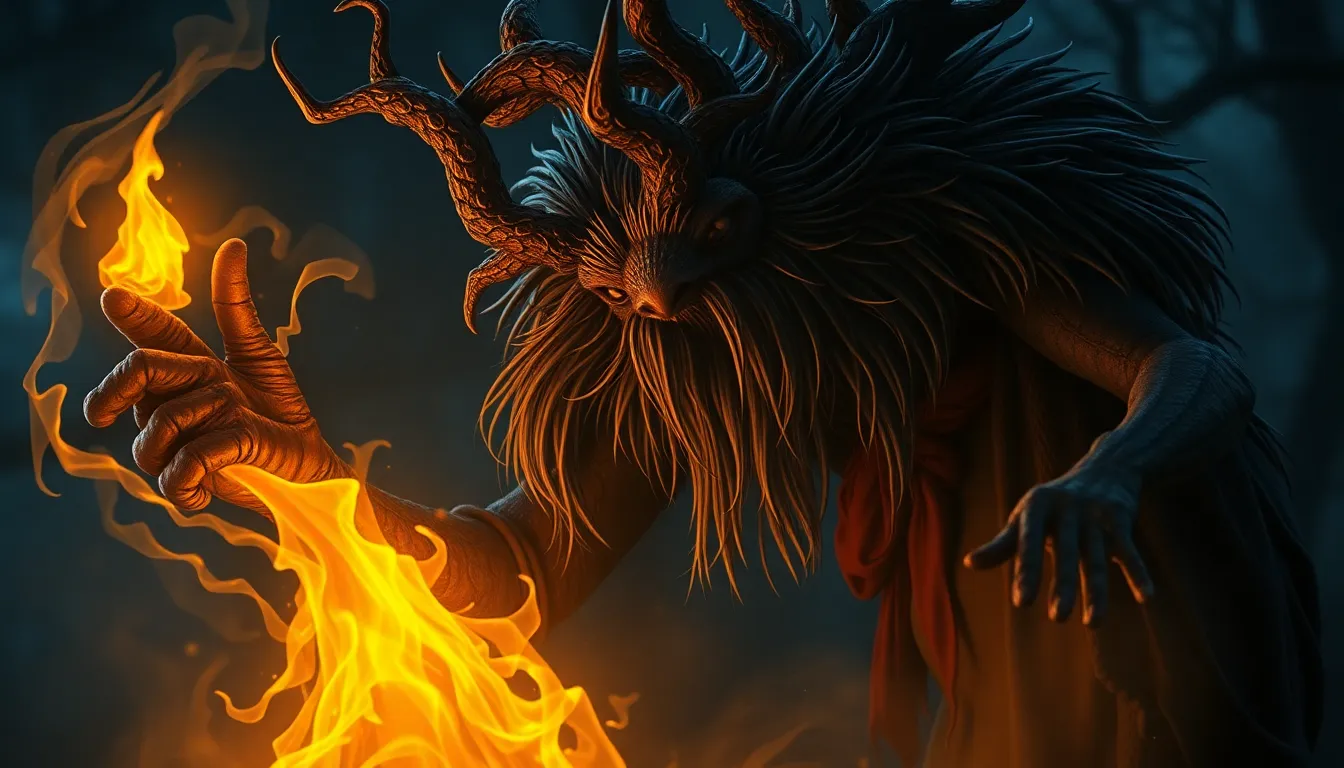Introduction
The Legend of the Peach Blossom Spring is a renowned Chinese fable that has captivated the imagination of readers for centuries. It tells the tale of a fisherman who stumbles upon a hidden utopia, providing a glimpse into the search for an idealistic world and the nature of human society. This enduring legend has profoundly influenced Chinese culture, literature, and art, leaving an indelible mark on the collective consciousness of the nation.
Discovery of the Peach Blossom Spring
In a remote and tranquil land, a solitary fisherman embarked on a journey along a winding river. As he navigated the serene waters, he noticed an enchanting peach blossom forest blooming on the riverbank. Curious, he ventured into the fragrant depths, unaware that he was about to encounter a hidden paradise. Following the gentle stream that flowed through the forest, the fisherman stumbled upon a narrow opening in the mountainside, concealed behind the vibrant blossoms. With trembling hands, he pushed aside the dense undergrowth and stepped into a realm that seemed untouched by time.
Description of the Peach Blossom Spring
The Peach Blossom Spring was a breathtaking haven secluded from the outside world. As the fisherman ventured deeper into this idyllic utopia, he marveled at its pristine beauty. Lush meadows carpeted the ground, dotted with an array of vibrant wildflowers. Crystal-clear streams meandered through the landscape, reflecting the azure sky above. The air was filled with the sweet melodies of birdsong, creating a symphony of harmony. The people who inhabited this sanctuary lived in perfect accord with nature. They had no knowledge of war, greed, or other worldly ills that plagued the outside world. Their society was governed by the principles of compassion, simplicity, and contentment. Time seemed to stand still in this secluded paradise, as the inhabitants lived in a state of perpetual tranquility.
VI. The Taoist Influences
The Legend of the Peach Blossom Spring is deeply rooted in Taoist beliefs and practices. Taoism, an ancient Chinese philosophy, emphasizes the pursuit of harmony, balance, and the "Way" (Tao). The legend's idyllic portrayal of a society living in accordance with nature and free from the constraints of the outside world reflects Taoist ideals. The inhabitants of the Peach Blossom Spring embody the Taoist principles of simplicity, self-sufficiency, and contentment, striving to live in harmony with the rhythms of nature.
VII. The Social and Political Context
The legend of Peach Blossom Spring also offers a glimpse into the social and political context of its time. During the Eastern Jin dynasty (317-420), China was a period of political turmoil and social unrest. The legend's depiction of a hidden paradise, isolated from the chaos and suffering of the outside world, may have served as a form of escapism and social criticism. The failed attempts to find the hidden utopia could be interpreted as a reflection of the disillusionment and frustration that many people felt during this turbulent period.
VIII. Cultural Impact
The Legend of the Peach Blossom Spring has had a profound impact on Chinese culture, literature, and art. It has inspired countless works of poetry, painting, and literature, each interpreting the legend's themes in different ways. The legend's enduring popularity speaks to its ability to resonate with the human desire for an ideal world, free from strife and suffering. It has become a symbol of hope and the pursuit of an idyllic society.
IX. Modern Interpretations
In modern times, the legend has continued to captivate and inspire artists and writers. It has been adapted into numerous films, plays, operas, and other works of art, each offering a unique interpretation of the legend's themes. These modern adaptations often explore contemporary social and political issues, using the legend as a lens to critique modern society and its shortcomings.
X. Conclusion
The Legend of the Peach Blossom Spring has remained a beloved and enduring tale in Chinese mythology for centuries. It offers a timeless exploration of the human search for utopia, the importance of simplicity and isolation, and the fragility of human dreams. The legend's Taoist influences, social and political context, and enduring cultural impact have solidified its place as a revered part of Chinese mythology and a testament to the enduring power of human imagination.
FAQs
Q: Is the Peach Blossom Spring a real place?
A: The Peach Blossom Spring is a mythical place that does not exist in the physical world. It is a literary creation that symbolizes the human desire for an ideal world.
Q: What is the significance of the peach blossoms in the legend?
A: The peach blossoms represent the entrance to the hidden paradise. They symbolize beauty, purity, and the promise of a new beginning.
Q: What is the moral of the Legend of the Peach Blossom Spring?
A: The legend teaches the importance of living in harmony with nature, seeking simplicity and contentment, and cherishing the fragile nature of human dreams.




